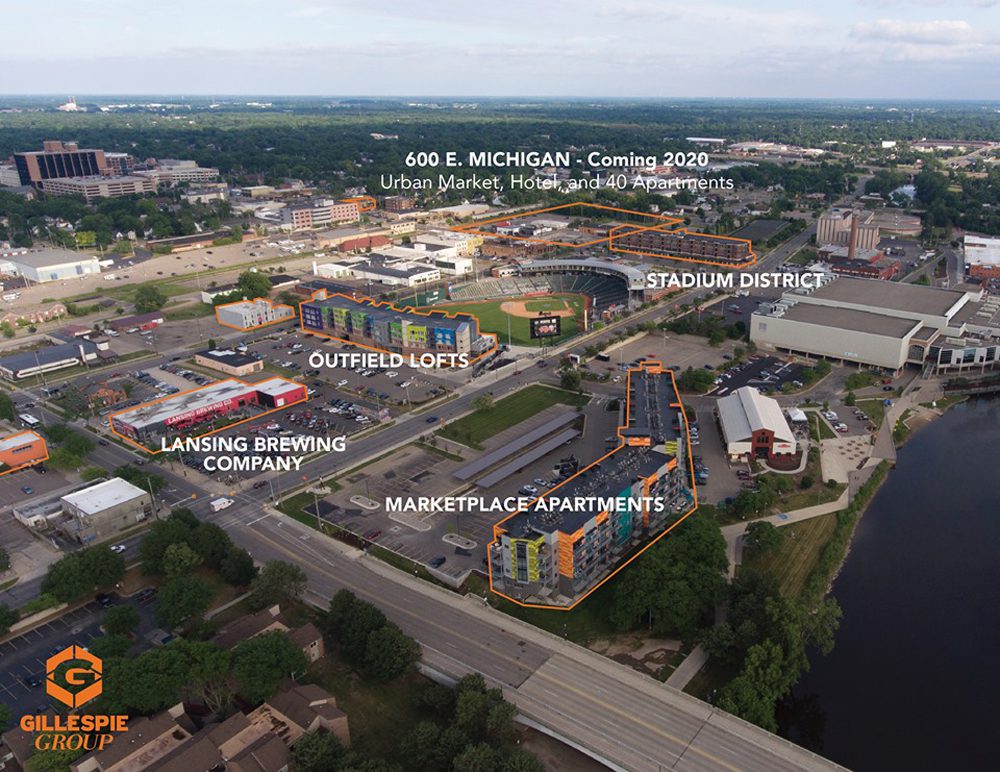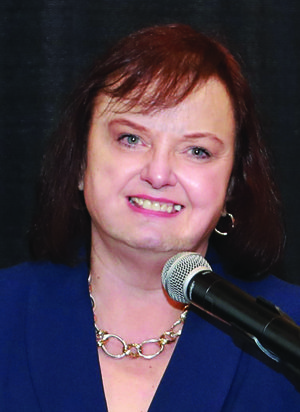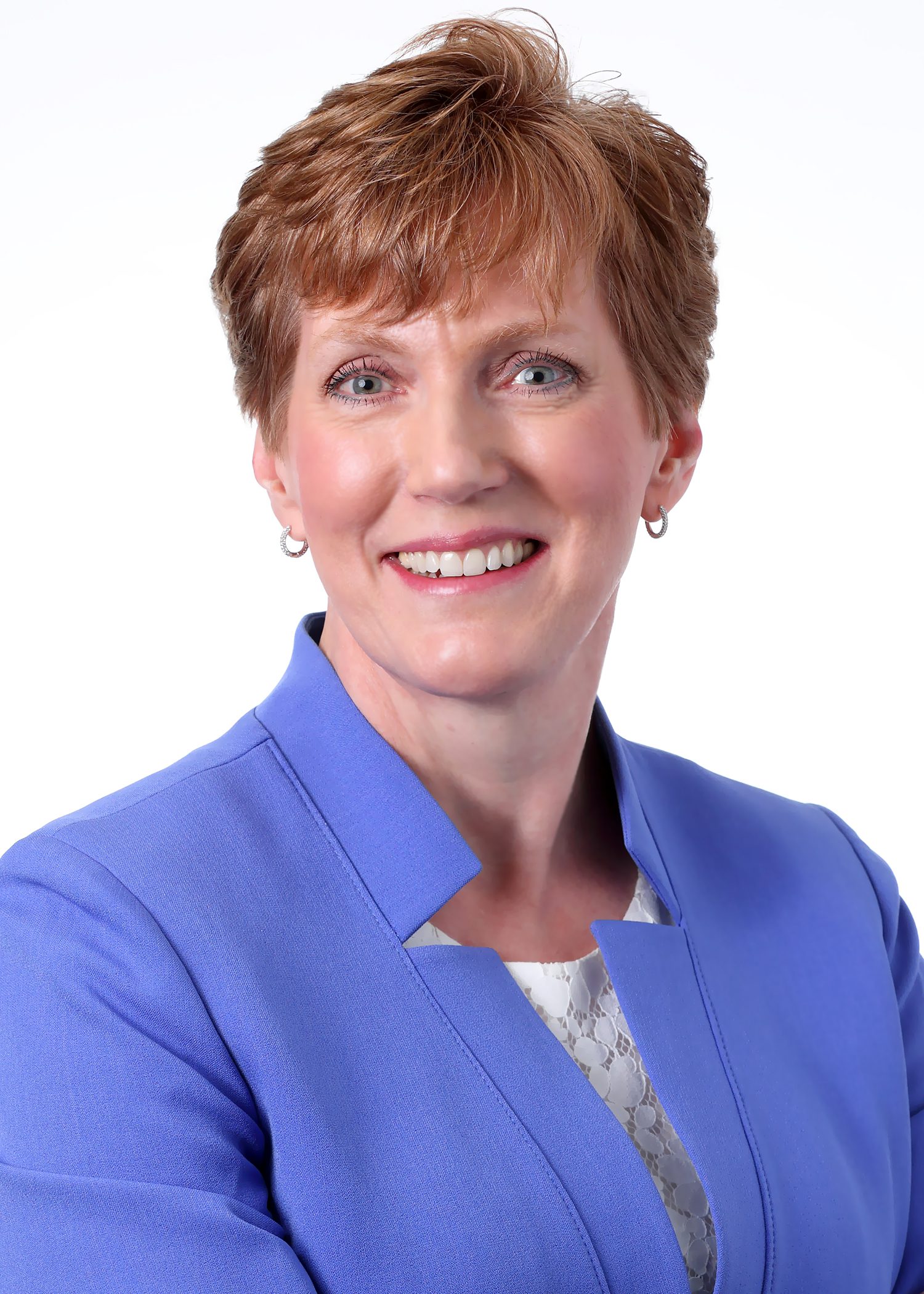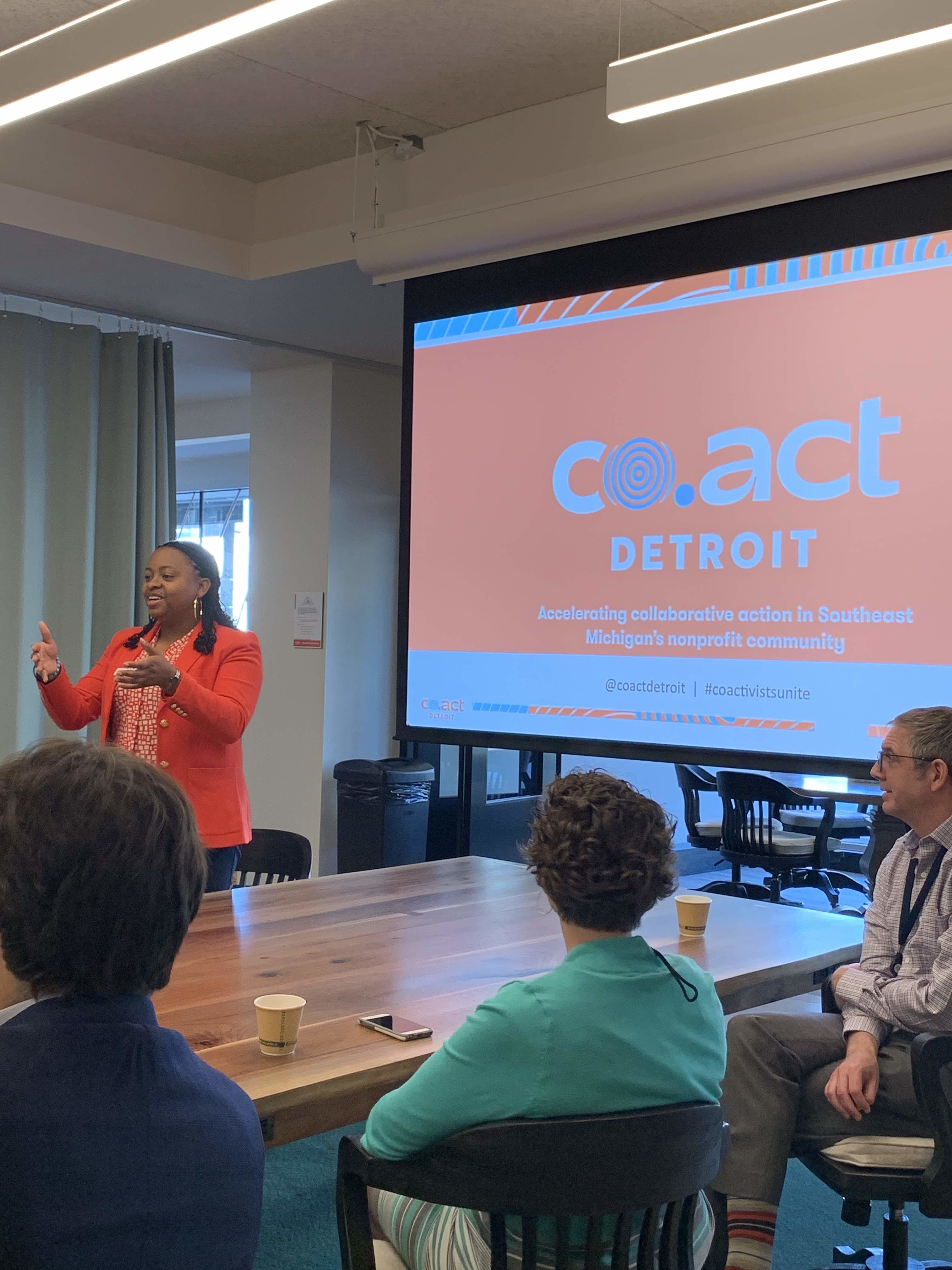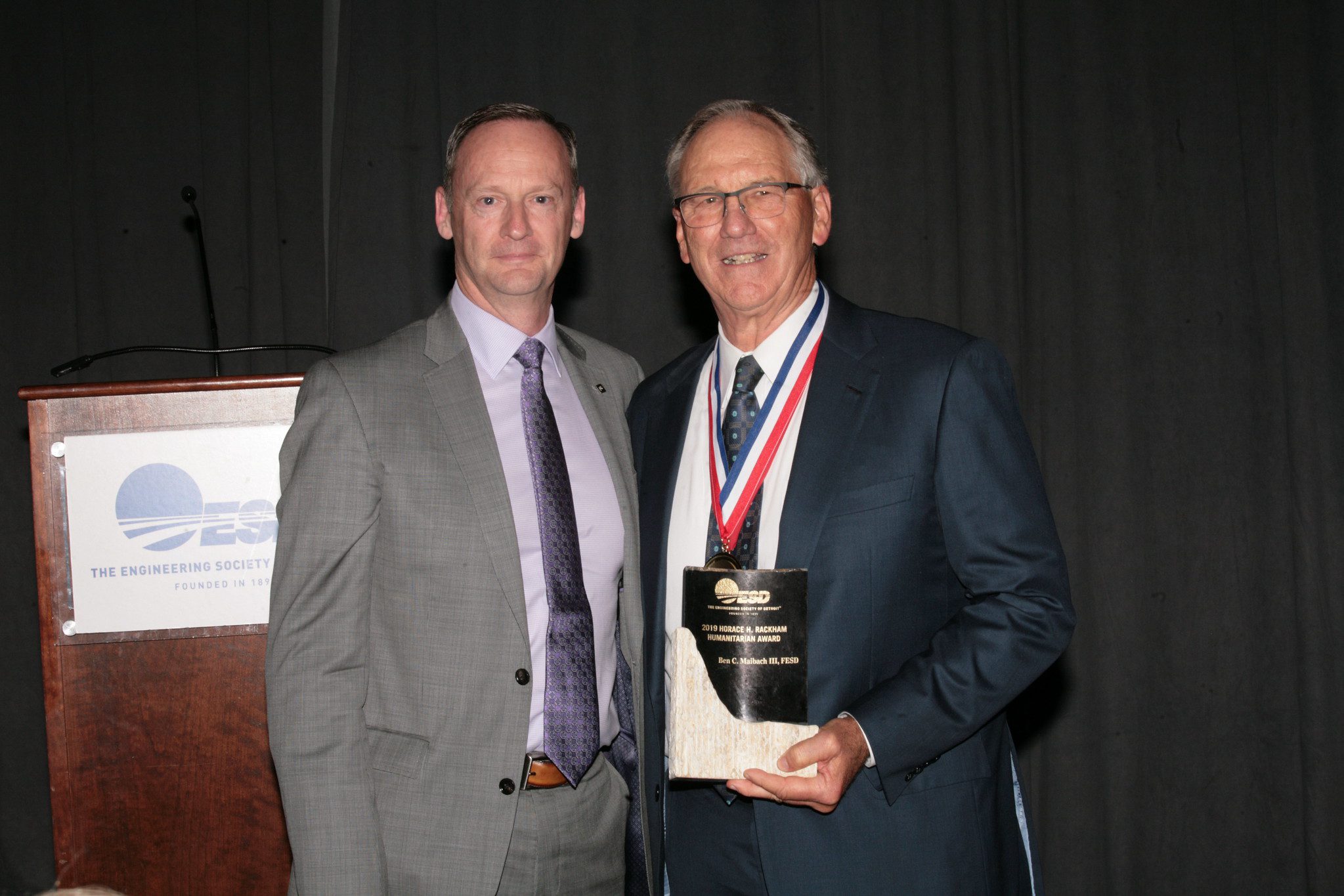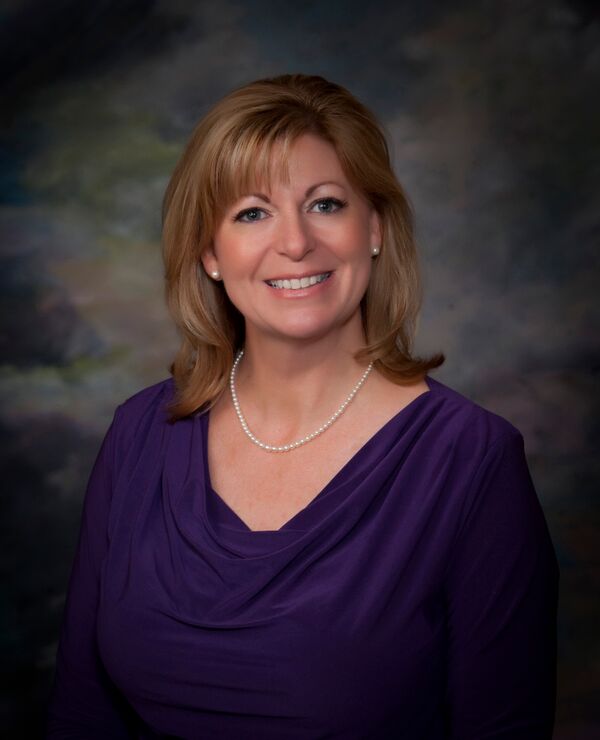With technology becoming such a huge part of education, schools across the education spectrum – including colleges, universities and K-12 districts – are moving almost totally to a 1-to-1 system where the school provides students with electronic devices to enhance the learning experience.
Obviously, internet access is a key component to the success of those devices. That’s where frustration begins to set in, particularly in rural communities in western Michigan and the upper peninsula, where there’s a lack of access to high-speed internet.

Lawmakers say it will be years before solid high-speed internet cables can be run through the U.P., so enterprising educators are creating solutions on their own.
Getting creative
“Technology and education go hand-in-hand,” said Eric Smith, the director of broadcasting and AV services at Northern Michigan University. “Teachers by and large are flipping the classroom. They’re able to take instruction – lectures and other activities – and put them on-line, and it allows students to extend their learning outside the traditional dschool day.
“While the device is part of the equation, the internet is the other part,” Smith added. “One without the other restricts students’ ability to learn. It’s essential students have on-line access for research and other activities.”
Facing declining enrollment, NMU put hotspots on the cell towers all over the U.P. and enrollment recovered.
Until that happened, students were forced to use up their cell phone data plans on course work, Smith pointed out. The new university system has no limits on service to students.
The university’s Educational Access Network (EAN) offers its students and high school affiliates affordable access to internet services across much of the U.P., from Bad River to Brimley.
Expanding access
“We offer our services to the unserved and underserved,” Smith said. “And some areas that already have internet providers just need affordability. One family sent a note saying that they were so appreciative because they no longer needed to drive their son to McDonald’s to do his homework anymore.”
The service is included in the tuition for associate’s, bachelor’s and master’s degree programs. Families in partner districts get the service at modest costs.
Smith said the university’s goal is to offer services to the entire U.P.
“(Partners) came to NMU and said, ‘We’re struggling. Can you help?’ So that’s what we’ve been doing,” Smith said.
State Rep. Sara Cambensy, D-Marquette, lauded Northern Michigan for the initiative.
“Northern Michigan University has really taken the lead saying ‘yes, we know it’ll take years before we can run the cables for high-speed internet, let’s try this route,’” Cambensy said.
The network extends to the underserved rural online works of the eastern U.P., said Jason Kronemeyer, the director of technology at the Eastern Upper Peninsula Intermediate School District in Sault Ste. Marie.
But while it’s good to have the access, residents are in need of something much faster, he said.
“Most people nowadays work at least two days a week remotely,” Kronemeyer said. “So it’s not just important to get us internet connection, but connections that are just as reliable as our old telephone lines.”
The region now has telephone-pole-like communication towers, approved by the Federal Communications Commission. They offer antiquated internet service using copper lines instead of the widely used fiberglass cables that offer higher speeds and greater distance of service, Kronemeyer said. “The internet service offered in Sault Ste. Marie extends only about three or four miles outside of the area.”
In the rural western side of the Lower Peninsula, Gateway 2 Success Academy, based in Ludington, offers virtual schooling throughout the region. It partners with the cellular service Cricket Wireless to make internet available to its students, also through hotspots.
“We have a large population of students in rural areas that don’t have wifi or connectivity,” said Phil Quinlan, a teacher and virtual learning officer for Gateway 2 Success. That includes students in Lake, Oceana, and Mason counties.
“We have a promise that we’ll provide free wifi, plus laptops and courses that our teachers provide, and Cricket Wireless helps us provide that where a lot of other companies have declined because we’re lower income.”
Gateway 2 Success also offers low-cost internet access to parents and to students who aren’t directly taking courses with the school but wish to continue online projects they began at the academy.
Homeschooled students can also pay an affordable price for a wifi connection and laptops through the academy, Quinlan said.
Working out well
“There have been times I’ve driven out 40 miles to deliver a hotspot to a student struggling with their internet connection, maybe because of financial issues or the connection is just not good,” Quinlan said.
How soon rural areas can get improved internet is uncertain. And some providers say that the networks established by educational institutions could slow how fast that happens.
Low populations and average incomes of these areas scare off internet investors, said Steven Mason, the general manager of Lighthouse.net, an internet provider based in Sault Ste. Marie.
“Internet providers like EAN have established their services in areas that already have some form of service, and instead of partnering with the services already there, they create unnecessary competition and overbuilding in the more densely populated areas,” he said.
“It’s important to have more upgraded internet in these areas but it’s also important that there is more internet service across wider areas. Services like AT&T don’t think they’ll get their investments back if they offer their services here, so they don’t.”
For now, though, Northern Michigan’s solution is working like a champ.
“It’s working out beyond our wildest expectations,” NMU’s Smith said.
Zaria Phillips of Capital News Service contributed to this report. See her article at
http://news.jrn.msu.edu/2019/02/michigan-rural-areas-search-for-high-speed-internet






